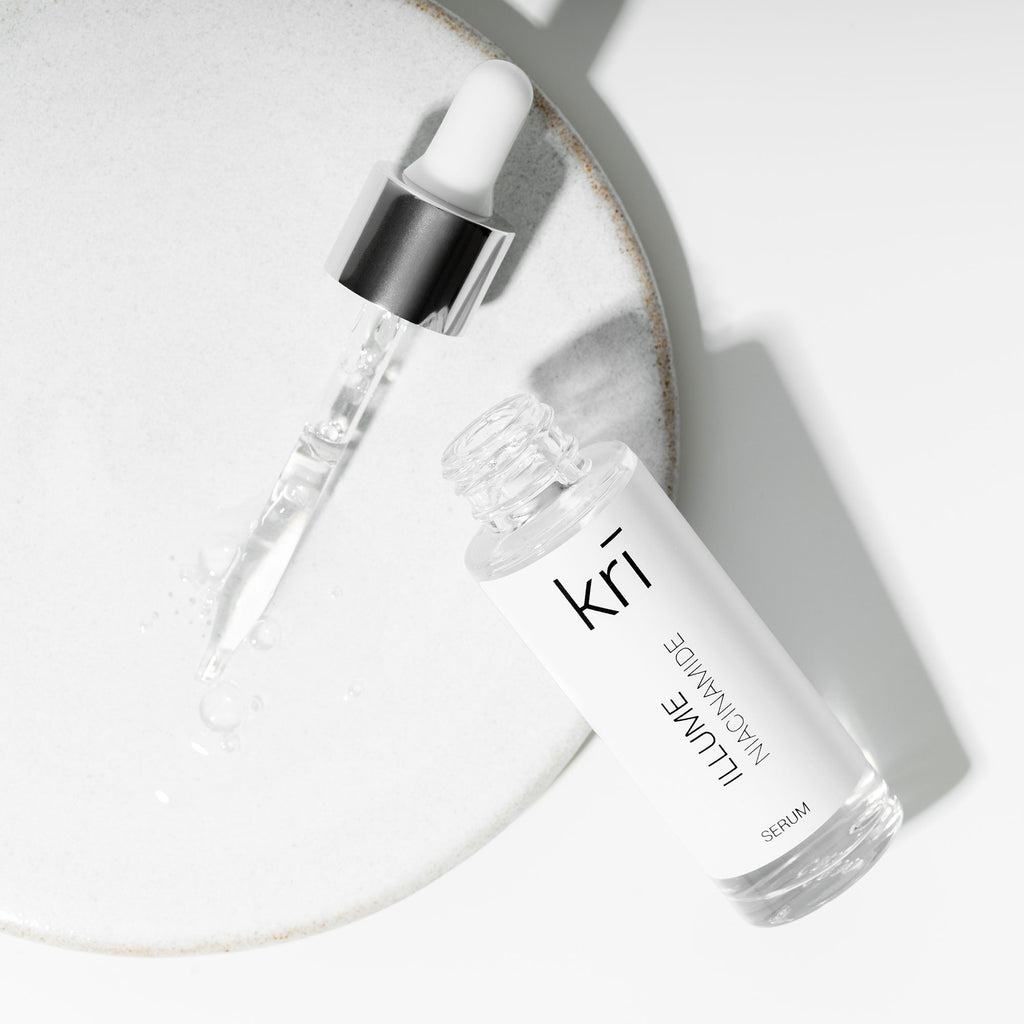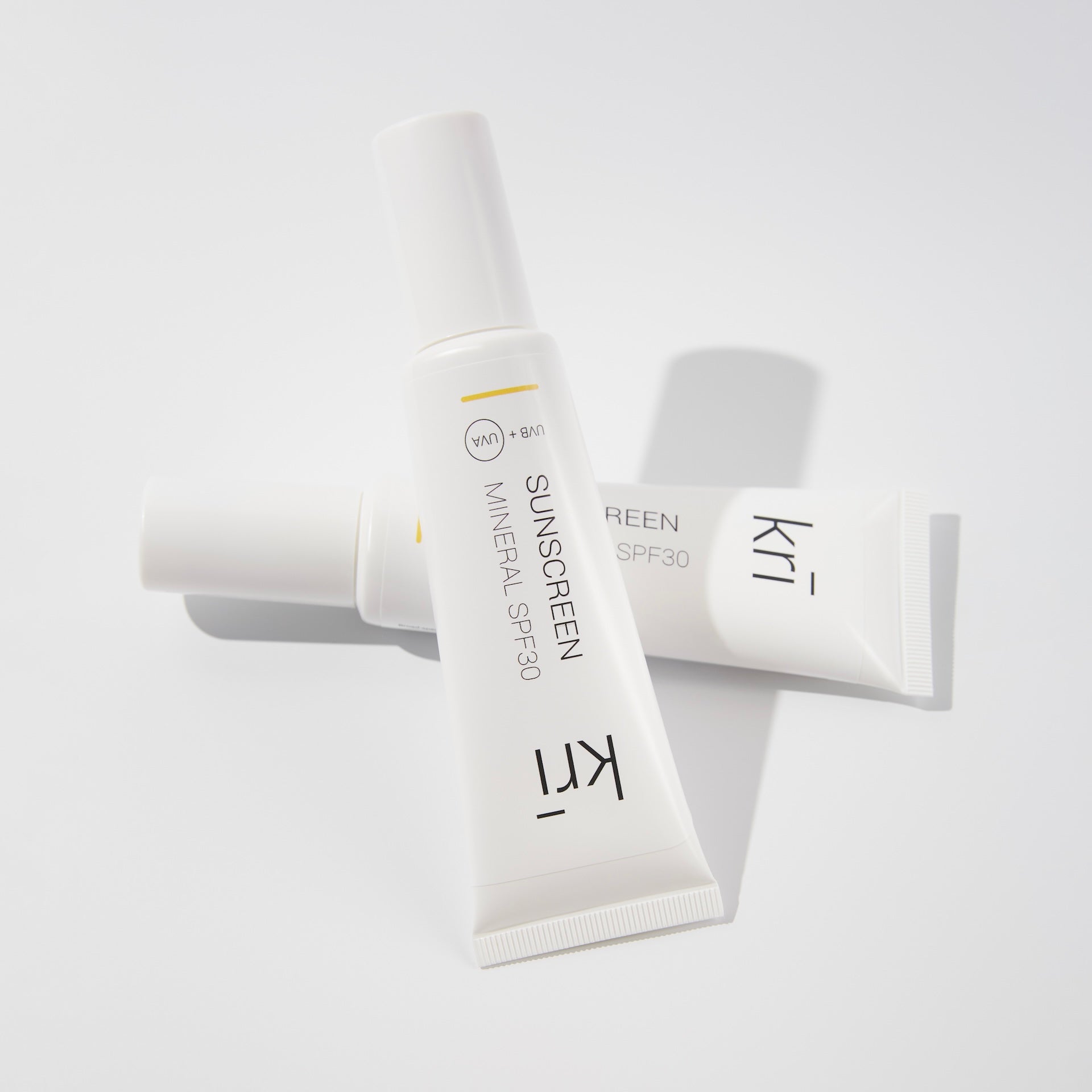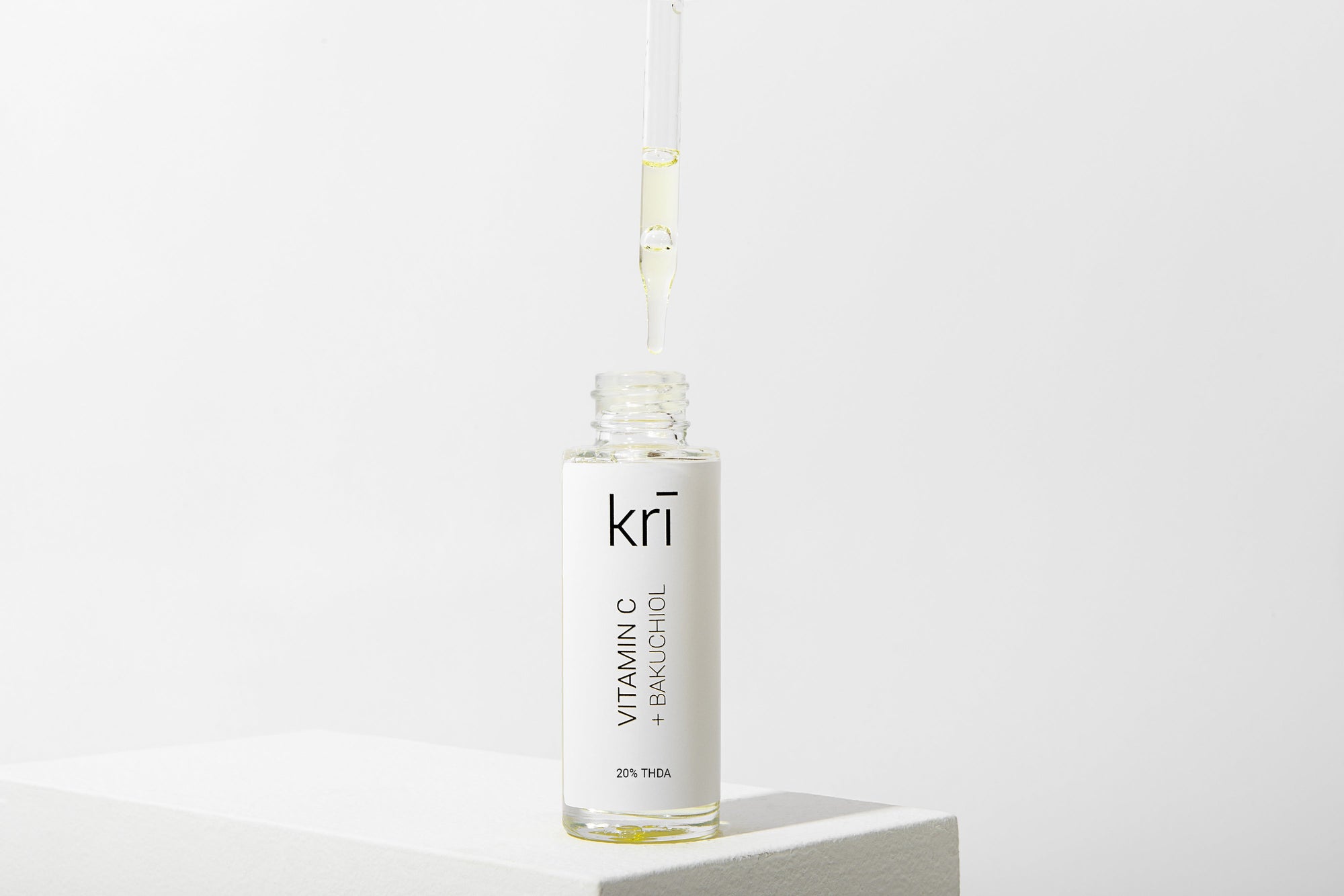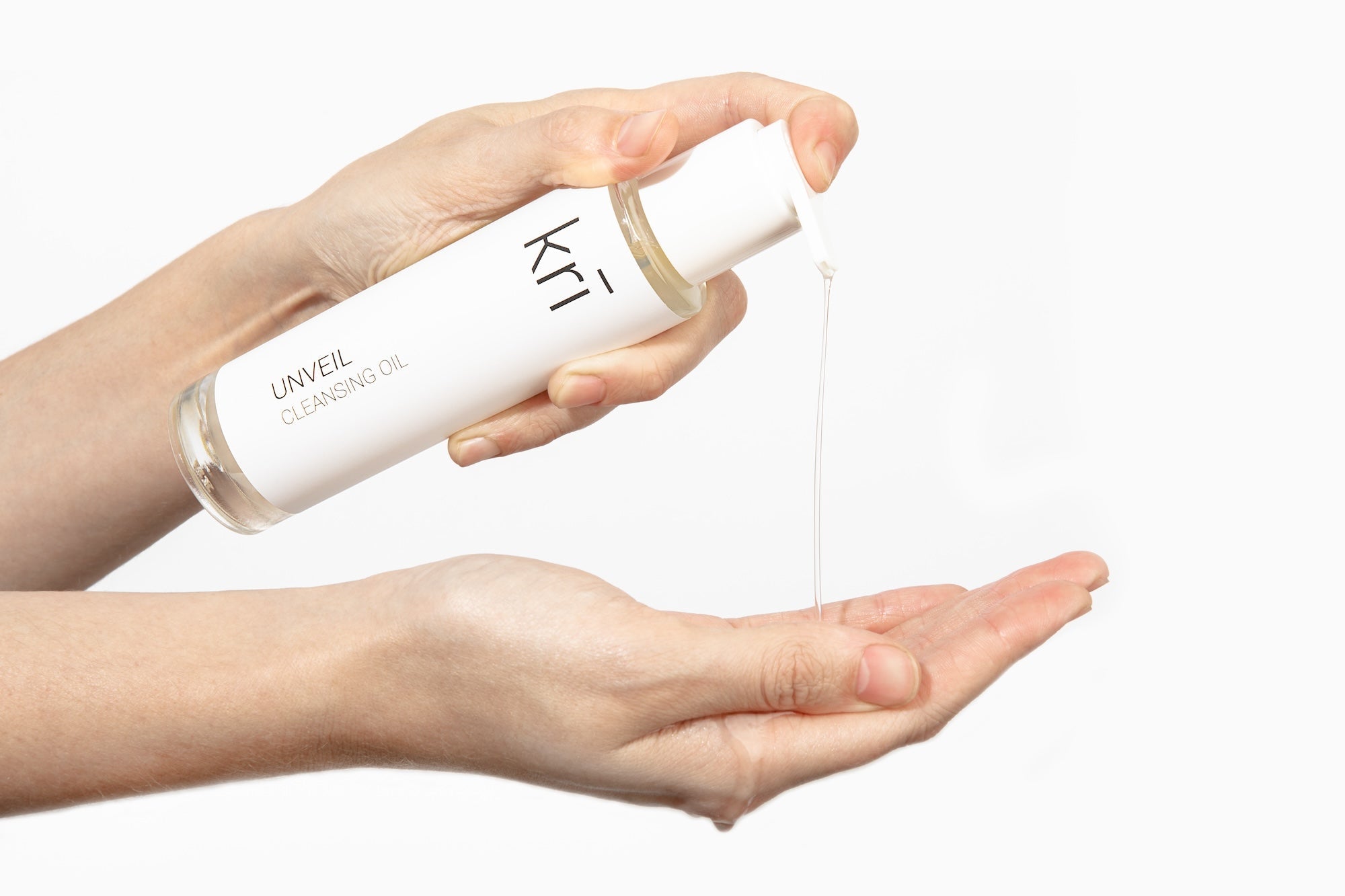One of the ultimate skincare workhorses, niacinamide is an ingredient that benefits all skin types and can easily be incorporated into your skincare routine. Here’s the lowdown on this potent multitasker.
What Does Niacinamide Do For Your Skin?
Niacinamide is a water-soluble form of vitamin B3. It is essential in a balanced diet, but also has significant benefits in skincare, and for good reason. Niacinamide is used for its potent anti-inflammatory properties as well as its ability to regulate the production of oils, strengthen the skin barrier, improve microcirculation, tackle hyperpigmentation, and reduce damage from sun exposure.
Sounds too good to be true, but all of these benefits are not just marketing speak - there are a range of studies that reveal the potential niacinamide holds within the cosmetics industry. In fact, a double blind study in 2013 showed the ingredient to be just as effective at treating moderate acne as topical antibiotics. While there is still much research to be done, the results so far support the claims that niacinamide is a powerhouse ingredient.
Niacinamide Uses For The Skin
Benefits of Niacinamide for Oily Skin
Niacinamide is shown to reduce triglycerides (a type of fatty acid) which then leads to less production of sebum - the skin’s natural oils. Pores can become blocked when too much sebum is created, leading to congested skin and acne. By controlling and balancing the skin’s oils, niacinamide is able to minimise breakouts. The ingredient has also shown great anti-inflammatory properties that help fight back against blemishes.
Niacinamide for Hyperpigmentation and Rosacea
Trials have shown significant improvement in hyperpigmentation, roughness, redness and the effects of rosacea when formulas containing 2-5% niacinamide were applied topically. Not only that, but the ingredient was able to block the cells responsible for these skin reactions and inhibited them by 35-68%. The changes were visible in just four to eight weeks, meaning this is an ingredient that shows real results in very little time.
Niacinamide for Skin Aging
Niacinamide has been shown to reduce the appearance of fine lines and wrinkles, improve skin texture, and boost elasticity when applied topically. Niacinamide was recorded as having a 54% increase in collagen production, and the research done so far demonstrates that a formula containing 5% niacinamide can lead to visible changes in the skin.
Is Niacinamide Good for Dry Skin?
Significant increases in softness, hydration, and overall suppleness have been recorded in various tests, and niacinamide has a clear impact on the skin’s barrier. Over four weeks of applying a formula with 2% niacinamide, it was shown that 96% of people tested demonstrated a positive change in the functioning of the outermost layer of the skin. The study proved there was less water loss when using niacinamide (meaning fewer cases of dehydrated skin) as well as an increase in fatty acids and ceramides - two parts of the skin that are essential for maintaining moisture.
Is it right for me?
Niacinamide is suitable for pretty much all skin types thanks to its multi-tasking benefits, though do always remember to patch test before applying a new product. The ingredient has been proven to be more gentle than other skin treatments that target hyperpigmentation, acne and fine lines, so if you are looking for a formula suited for sensitive skin, this is the one to try.
Niacinamide is uniquely compatible with other active ingredients, so there should not be any conflicts when it comes to layering your skincare products.
Which Krī products contain niacinamide?
Illume Niacinamide Serum contains 5% niacinamide.
Timeless Moisturiser contains 3% niacinamide





